The settlements of Israel’s remote Central Arabah region, originally committed to the ethnically exclusionary principle of “self-labor,” have since the 1990s relied heavily on the cheap labor-power of migrant workers from Thailand. But settlers remain anxious about the moral threat posed to the local and national collectivities by “foreign” labor. Thus, in addition to planting and picking vegetables in sweltering greenhouses, local Thais are also enjoined to perform the tactful, implicit work of maintaining the settlement’s public “face” as a pioneering, self-supported Jewish community. Tracing the various manifestations of this work at work and in public space, I argue that the temporary equilibrium achieved here entails a fragile, asymmetrical cultural intimacy, upheld by a convenient one-sided misunderstanding and reflective of the racially discriminatory and capitalist global system in which it is embedded.
Facebook Link: https://fb.watch/5BOxBnuHSk/
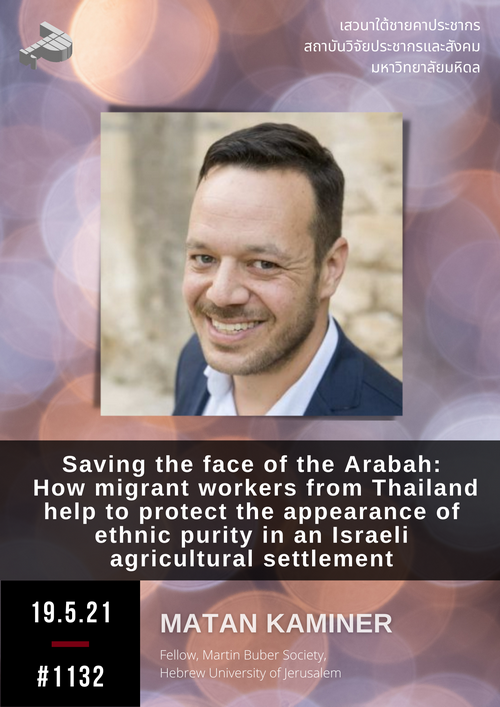

สักกรินทร์ นิยมศิลป์

อภิชาติ จำรัสฤทธิรงค์

กาญจนา ตั้งชลทิพย์
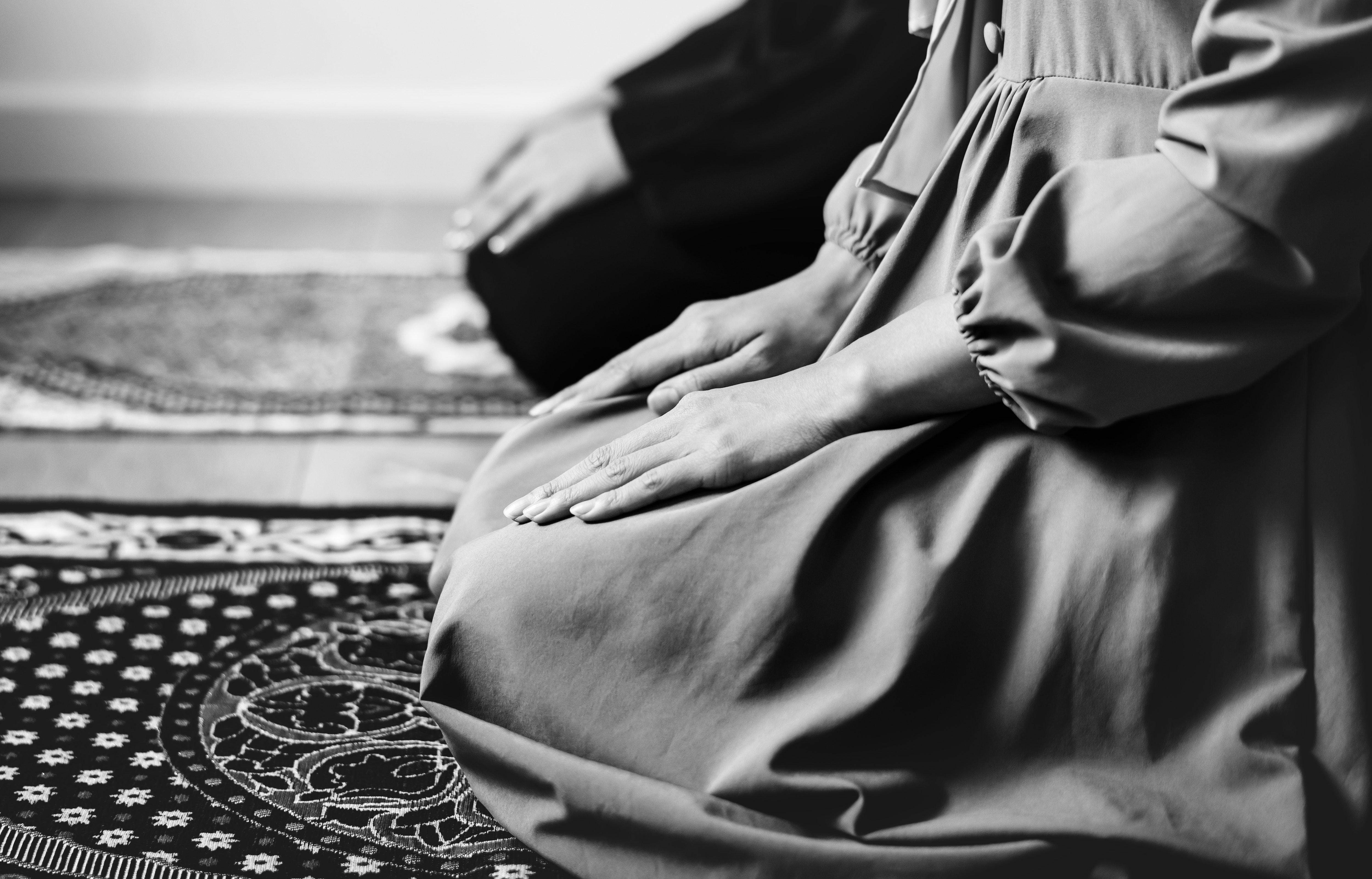
อารี จำปากลาย
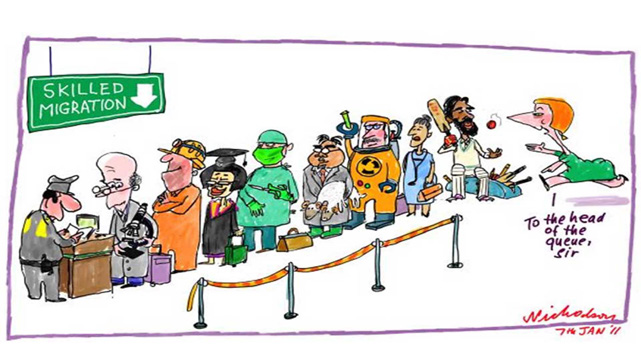
สักกรินทร์ นิยมศิลป์
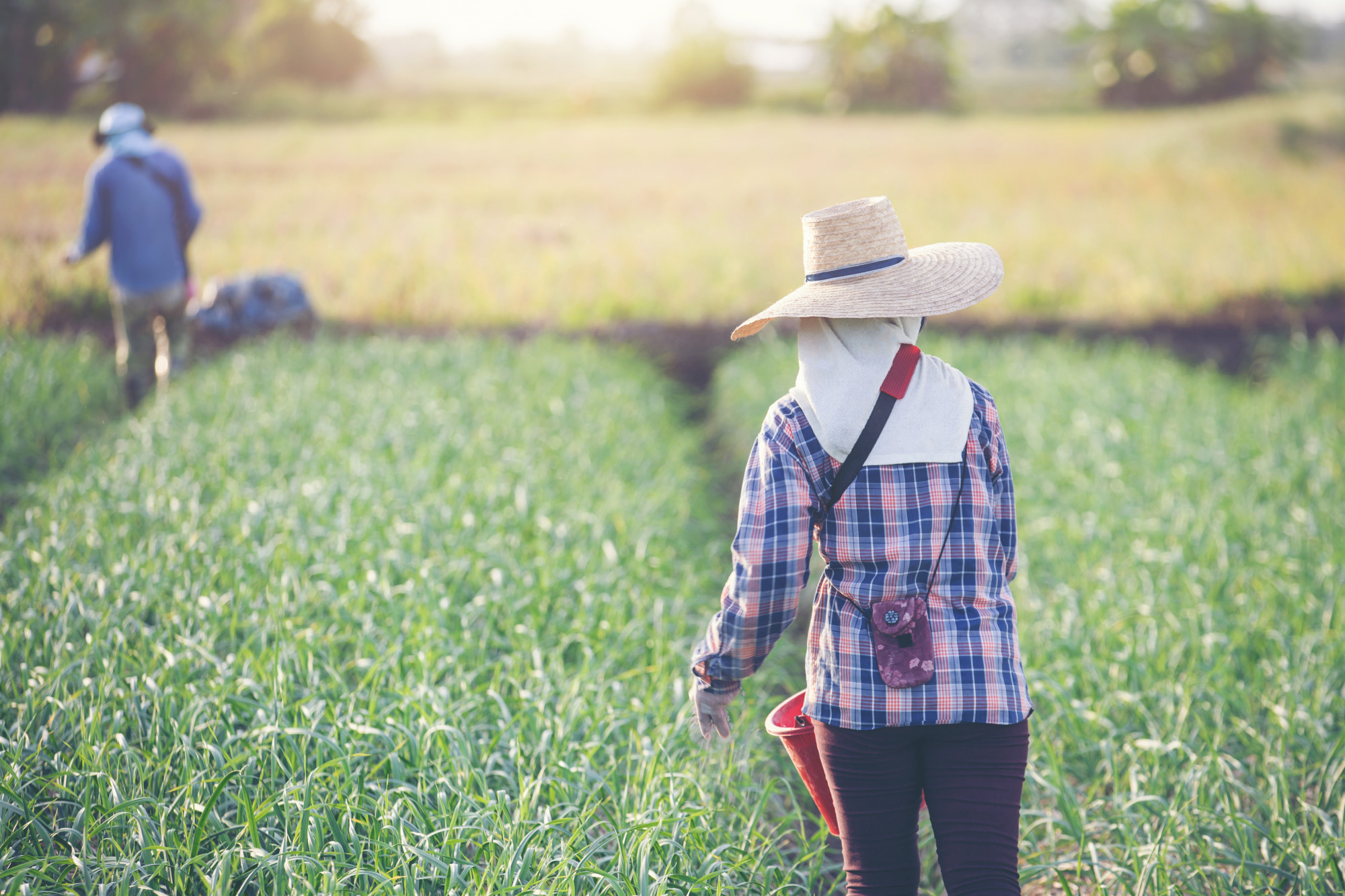
สักกรินทร์ นิยมศิลป์

สุภรต์ จรัสสิทธิ์
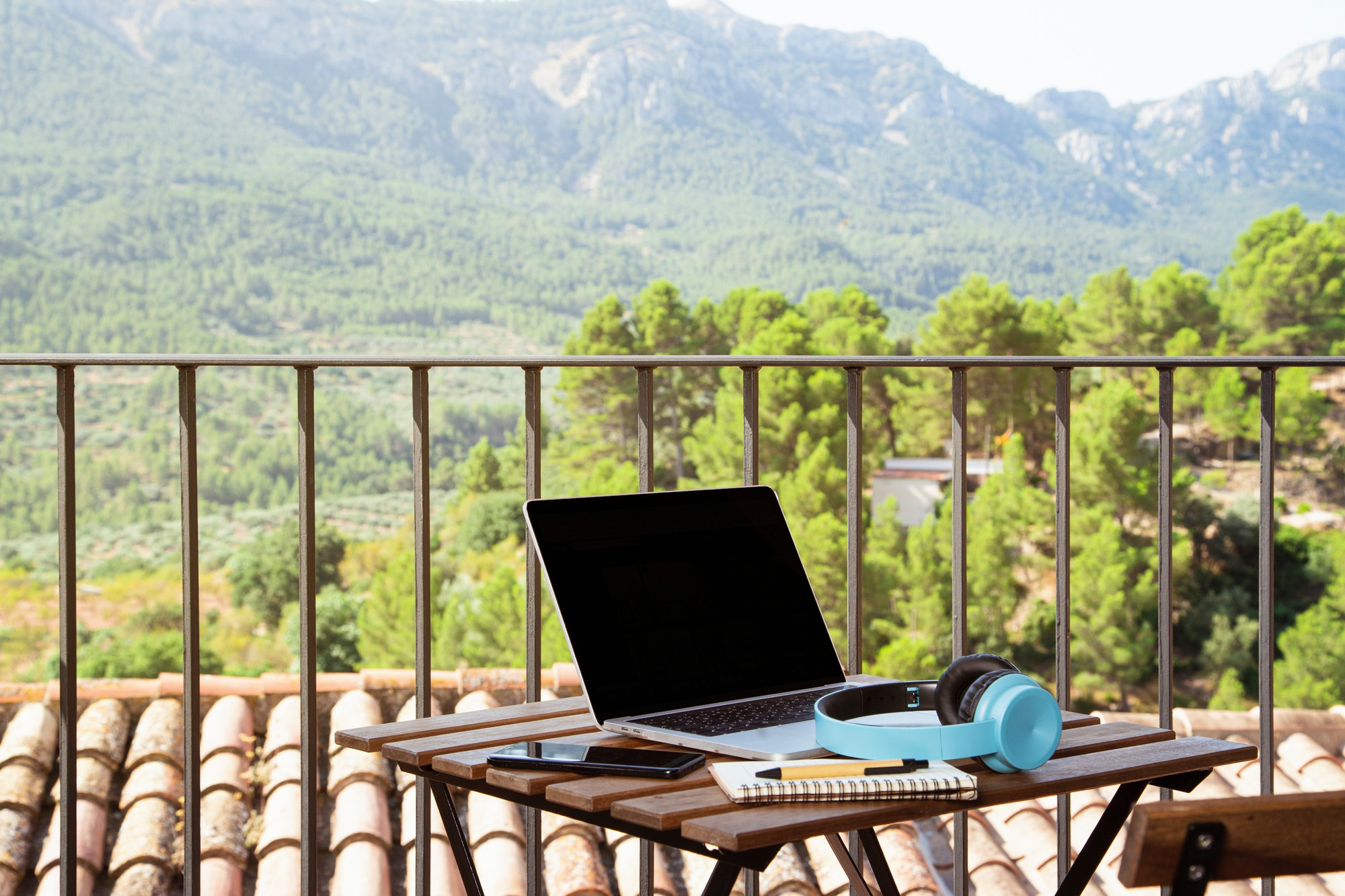
สักกรินทร์ นิยมศิลป์
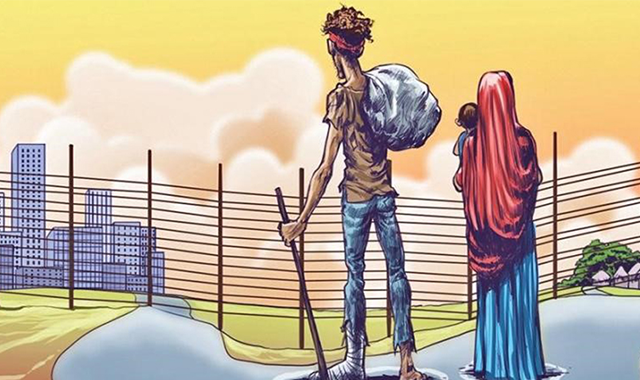
สักกรินทร์ นิยมศิลป์
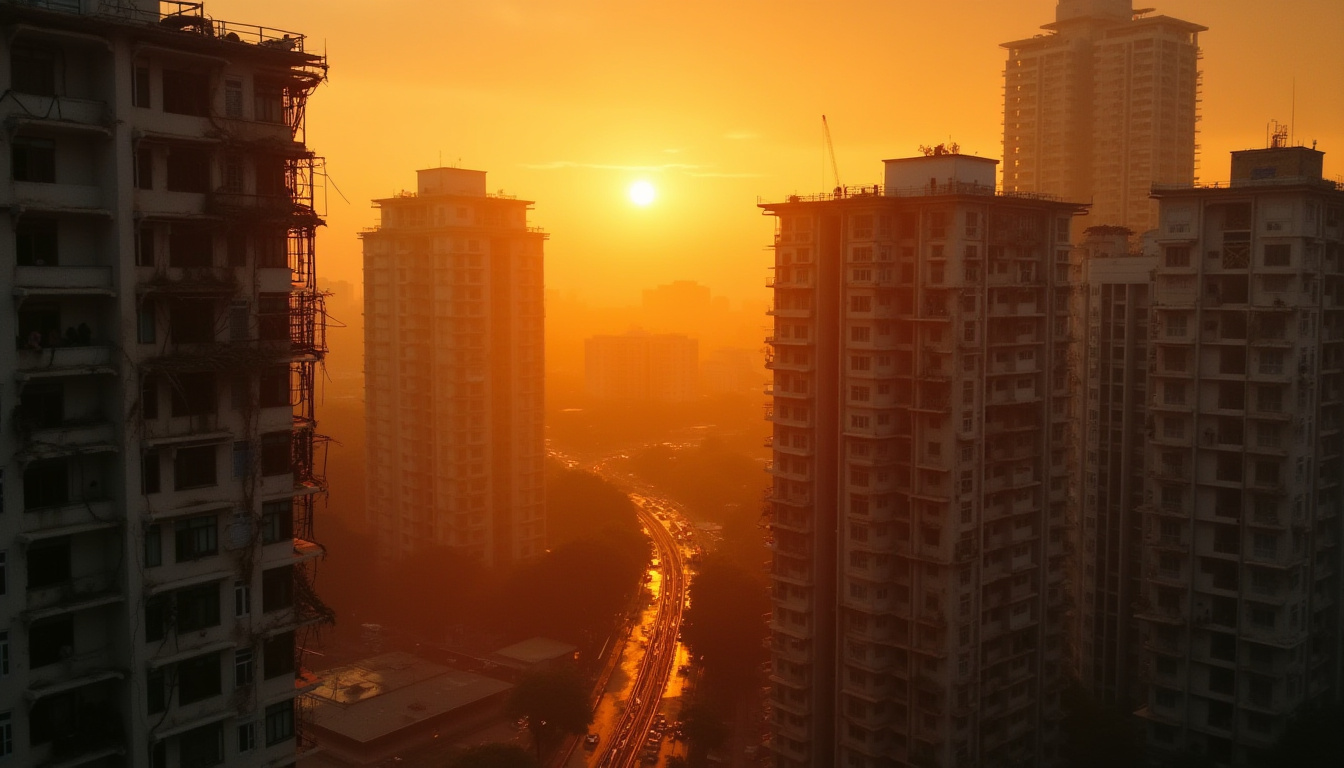
พิชฌ์นิพัทธ์ วิชัยโน
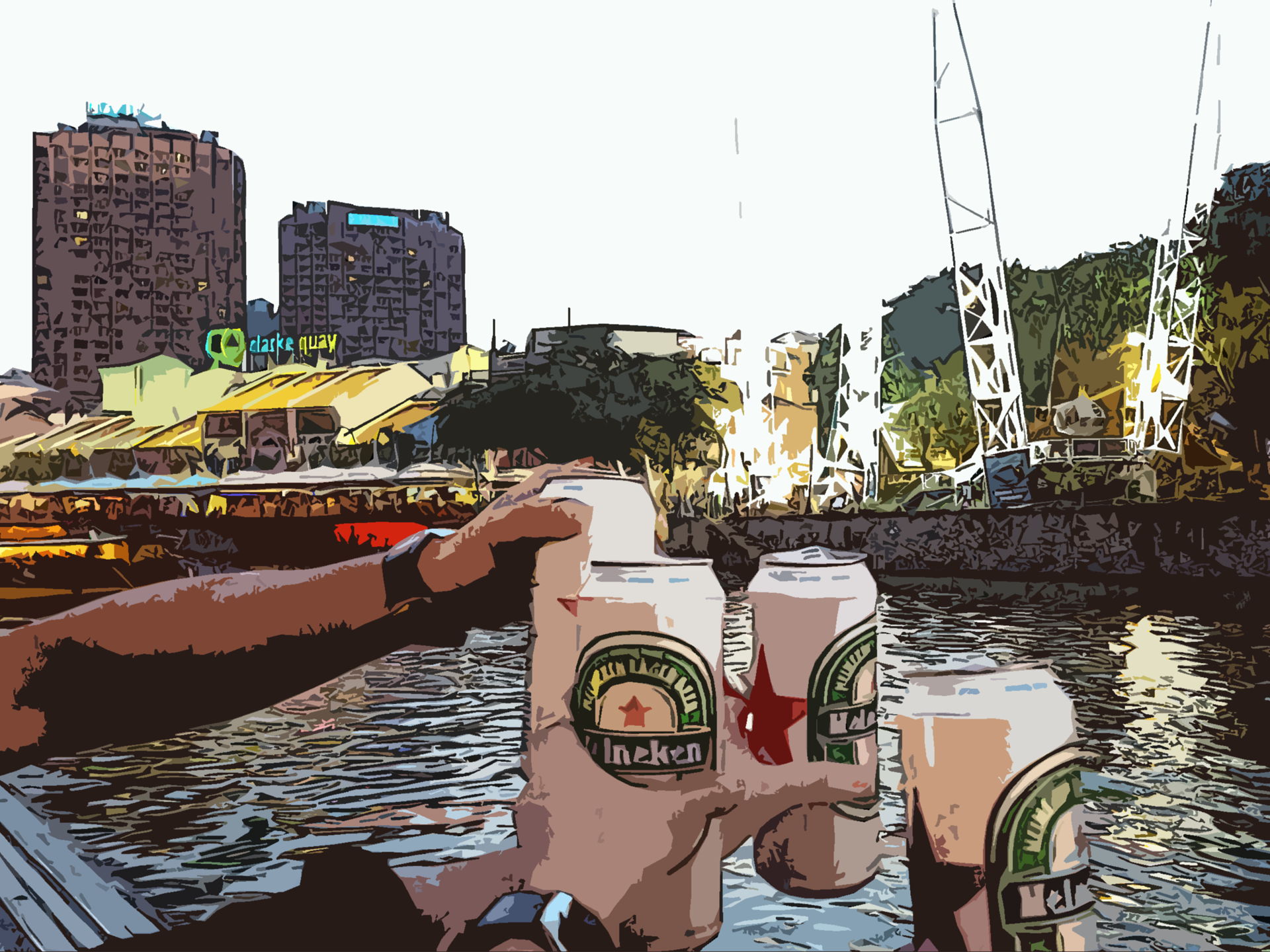
เฉลิมพล แจ่มจันทร์

ปรียา พลอยระย้า

สุภรต์ จรัสสิทธิ์

วรรณี หุตะแพทย์
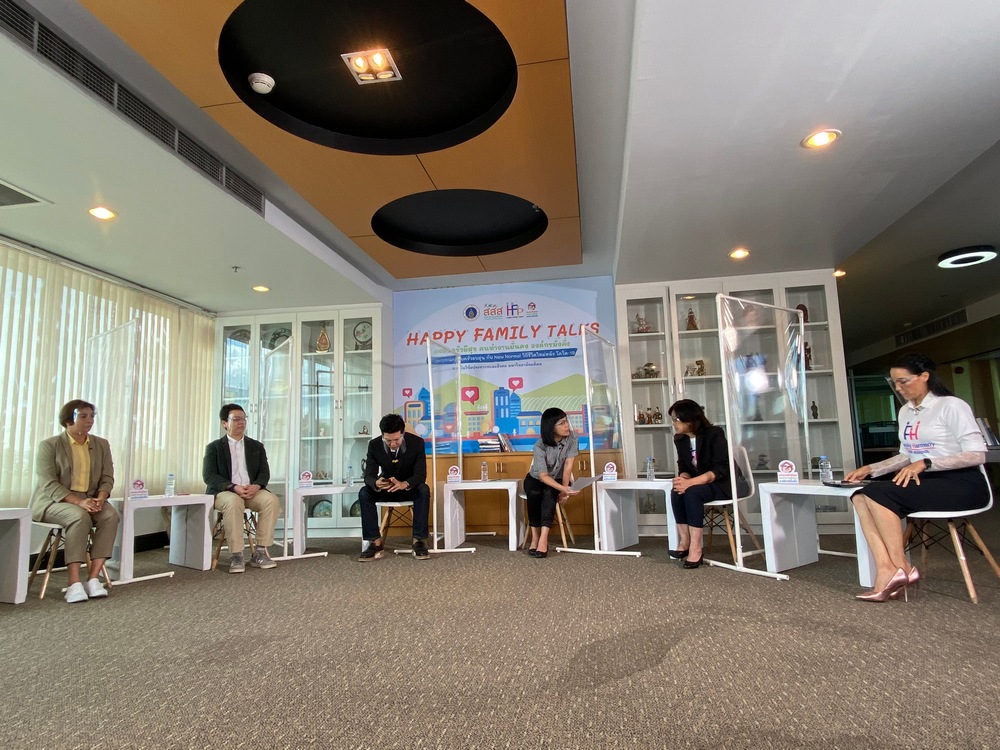
กัญญาพัชร สุทธิเกษม

ปรียา พลอยระย้า
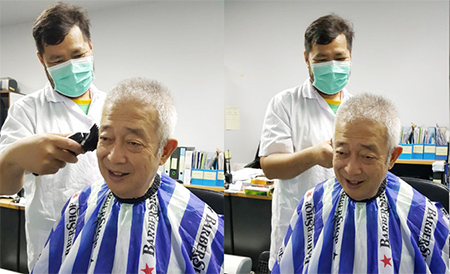
ปราโมทย์ ประสาทกุล

บุรเทพ โชคธนานุกูล

สุภิรัฐพงศ์ พงศ์ศักดิ์ศรี

จรัมพร โห้ลำยอง

กาญจนา เทียนลาย,กัญญาพัชร สุทธิเกษม
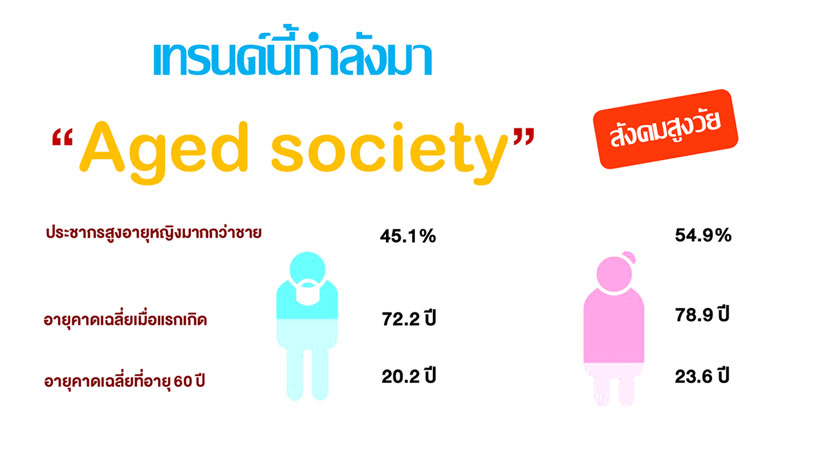
กาญจนา เทียนลาย
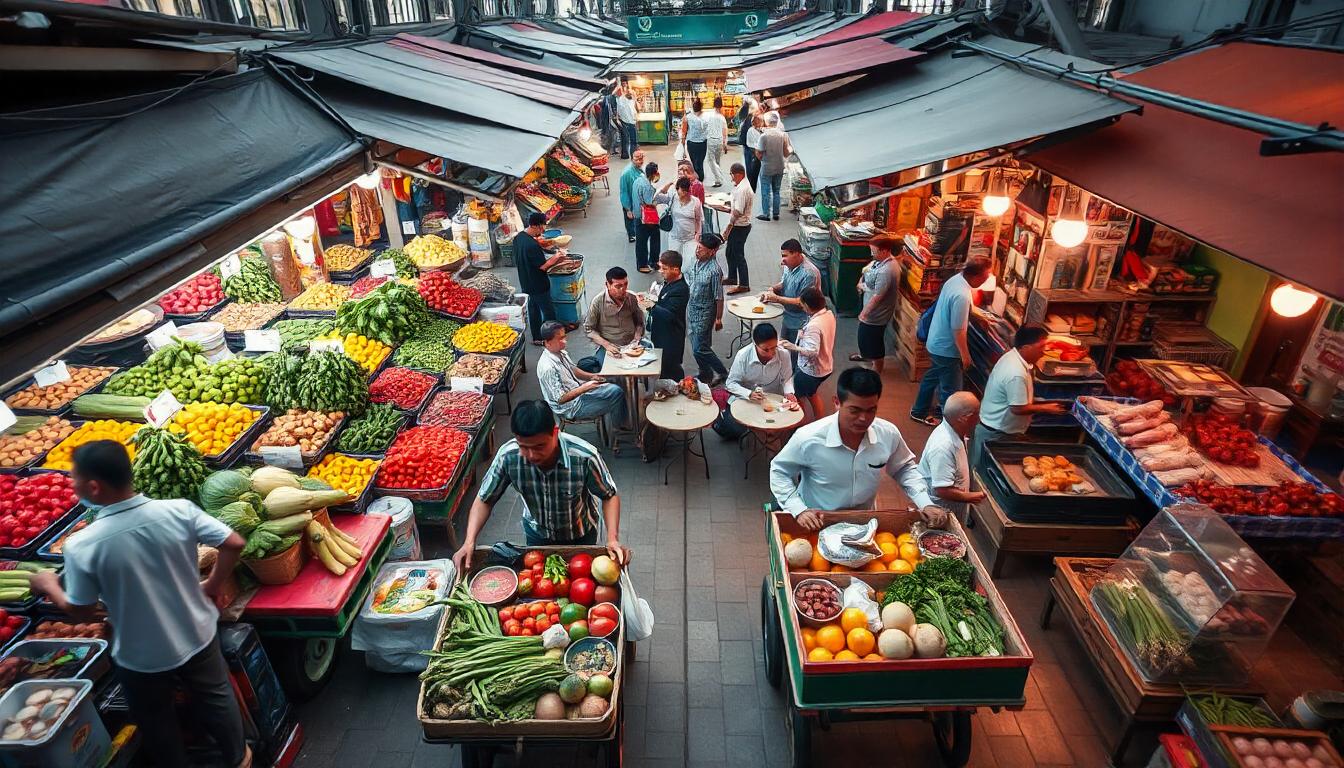
บุรเทพ โชคธนานุกูล
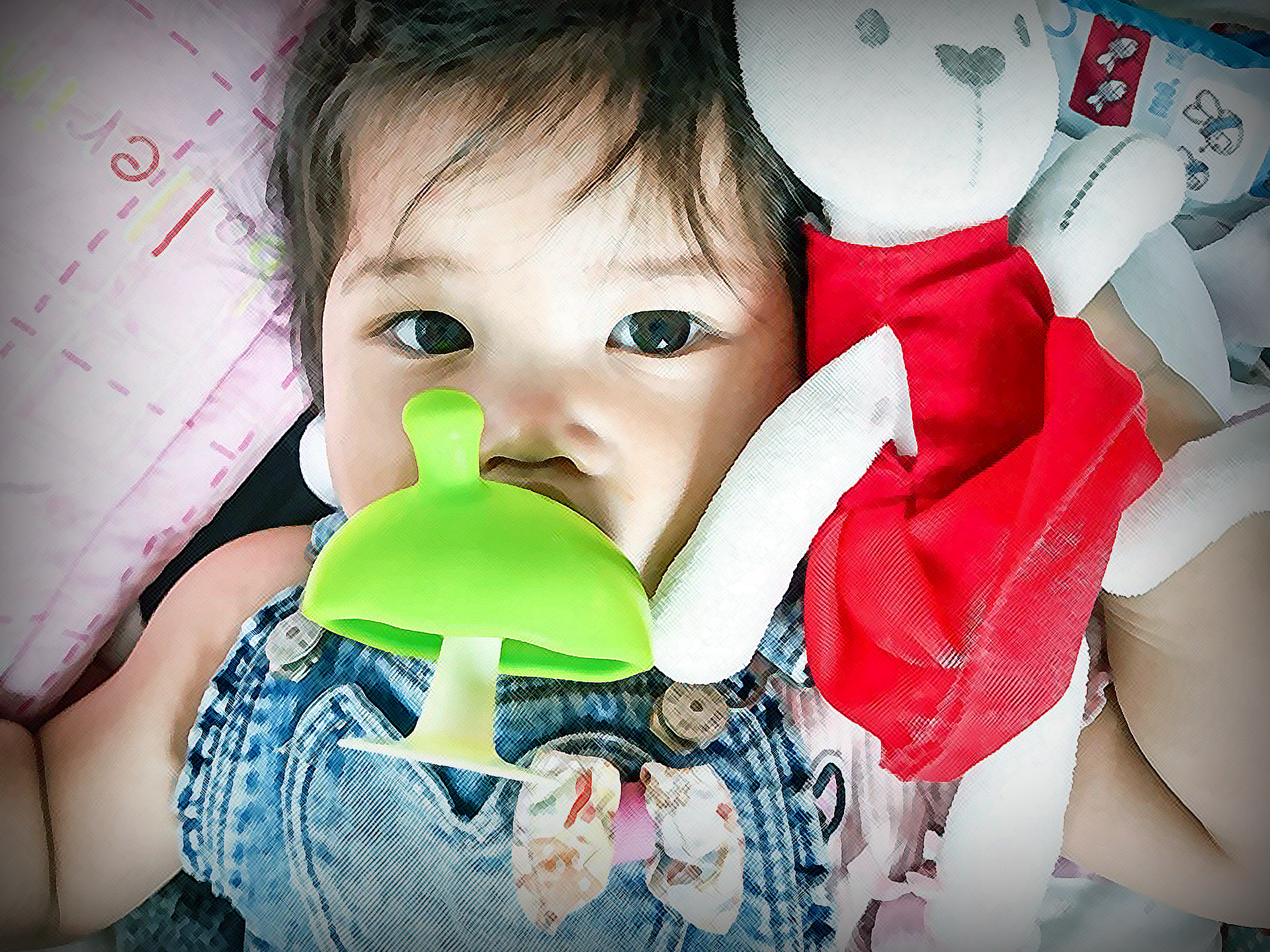
รีนา ต๊ะดี